Recently, the news of the former director of the General Administration of Sport, Gou Zhongwen's formal arrest has once again pushed this controversial sports official to the forefront of public opinion. Looking back at Gou Zhongwen's various actions during his tenure at the General Administration of Sport, it is clear to see the profound impact his decisions have had on China's sports industry.

Gou Zhongwen was born in June 1957 in Zhenyuan, Gansu. In 2016, he was transferred to serve as the director of the General Administration of Sport, marking the beginning of his most controversial career in China's sports world. Upon taking office, Gou Zhongwen demonstrated a strong desire for reform, but these reform measures ultimately caused many negative effects due to a lack of in-depth understanding and respect for the development laws of sports.
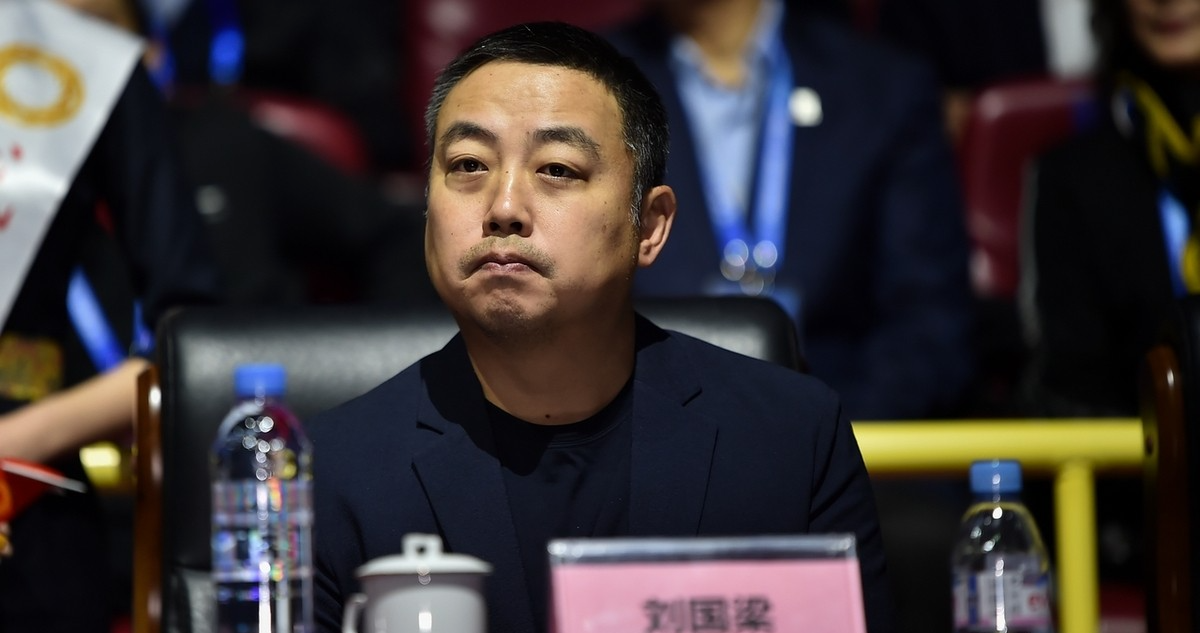
The most representative event was the reform of the national table tennis head coach system. At the 2016 Rio Olympics, under the leadership of then-head coach Liu Guoliang, the Chinese table tennis team continued its past glorious record, sweeping all gold medals. However, against the backdrop of such a team achieving great success, Gou Zhongwen insisted on reforms, abolishing the effective head coach responsibility system. More confusingly, Liu Guoliang was removed from his position as head coach without warning, a decision that sparked significant controversy at the time.
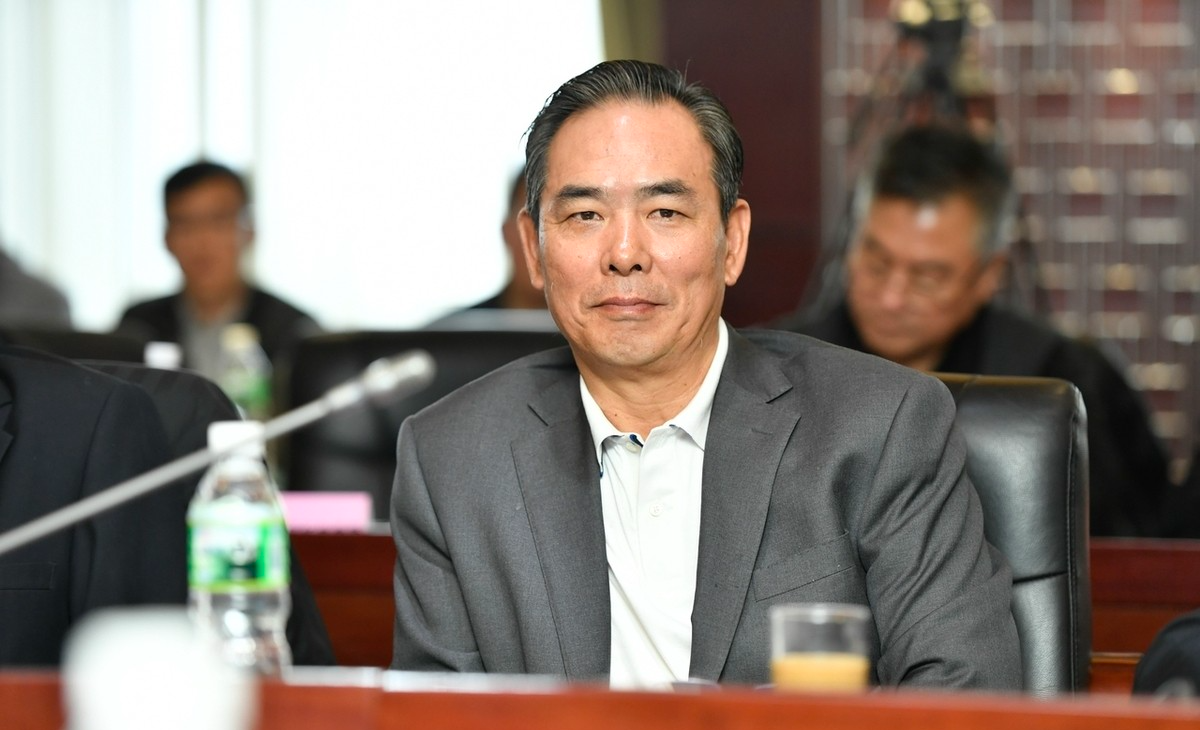
This sudden personnel change provoked a strong reaction from the national table tennis players. During the China Open held in Chengdu, including Ma Long, Fan Zhendong, Xu Xin, and other main players of the national table tennis team, as well as the current women's team coach Ma Lin, they withdrew from the competition to express their support for Liu Guoliang. Although this form of protest is debatable, it also reflects the athletes' deep concerns about the potential damage that Gou Zhongwen's reforms might cause to the existing advantages of the national table tennis team.
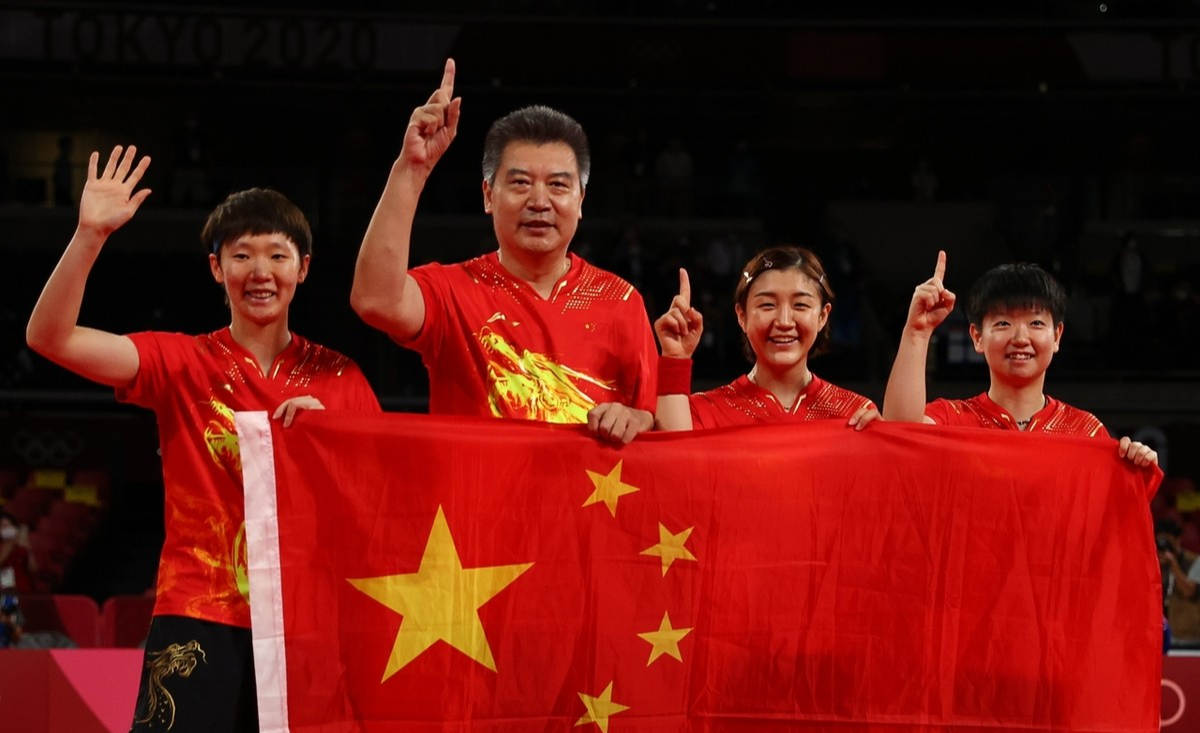
Under pressure from public opinion and strong opposition within the sports community, the General Administration of Sport had to make adjustments. Vice Director Cai Zhenhua personally intervened to communicate with Liu Guoliang, eventually appointing Liu Guoliang as the vice-chairman of the Table Tennis Association, followed by his promotion to chairman, temporarily quelling the turmoil. However, the reforms that Gou Zhongwen forcibly implemented had already had a negative impact on the overall strength of the national table tennis team. This was confirmed at the Tokyo Olympics, where China lost its first gold medal in the mixed doubles event, breaking the long-standing monopoly in all events.
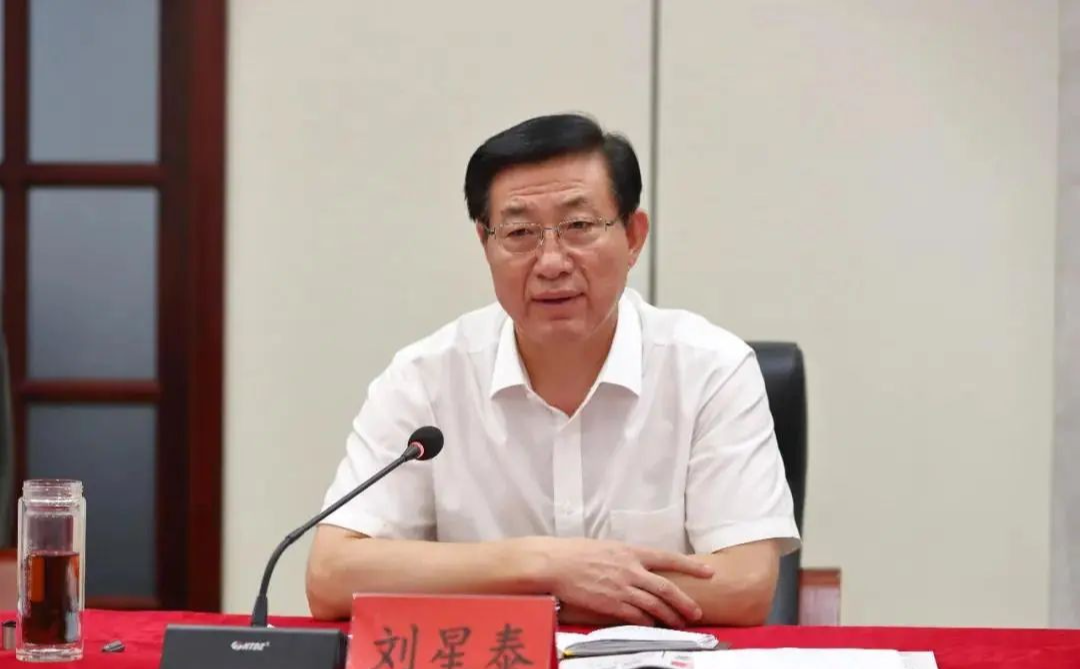
In the field of football, Gou Zhongwen's decisions were also widely questioned. His proposal of the "Chinese Super League National Team" concept completely disregarded the development laws of football. This measure not only failed to improve the overall level of Chinese football but also led to a continuous decline in the international ranking of the Chinese men's football team. During his tenure, the competitive level of the Chinese men's football team deteriorated, making the distance to the World Cup finals increasingly distant, which not only disappointed fans but also severely damaged the confidence in the development of Chinese football.
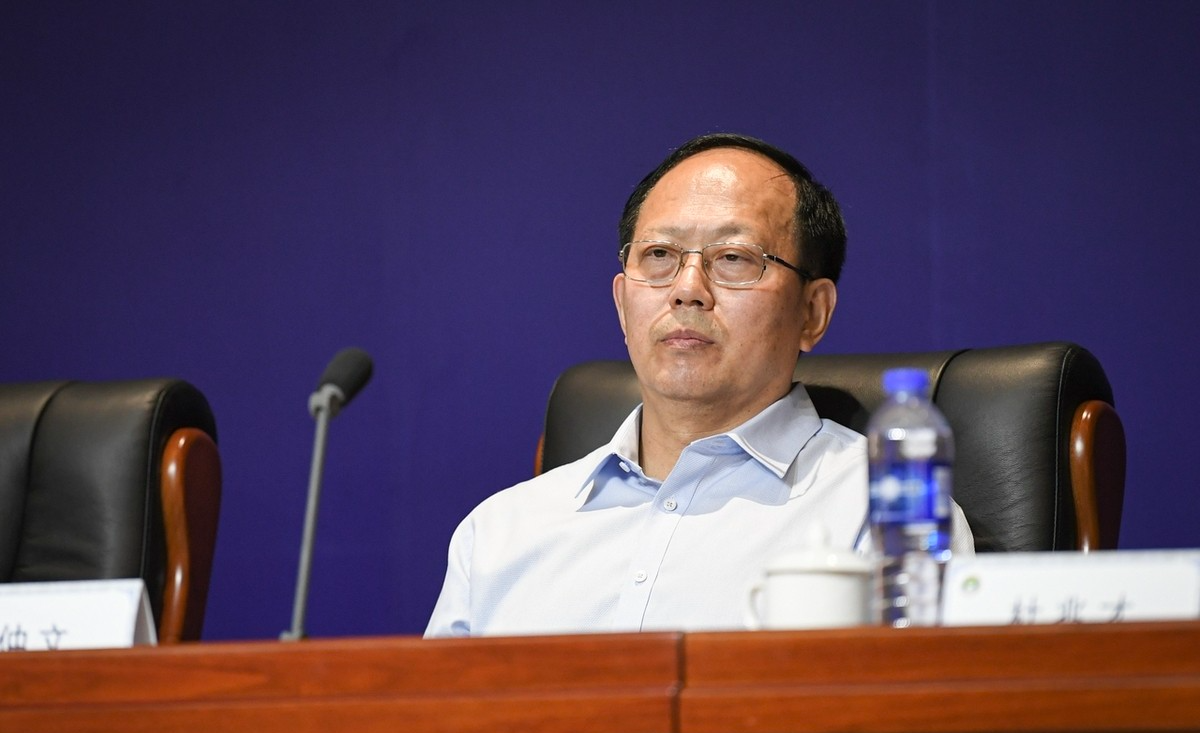
Many of Gou Zhongwen's decisions were described by industry insiders as "nonsense," lacking professional consideration and scientific basis. His various measures during his tenure not only failed to promote the development of China's sports industry but also caused irreparable losses in many projects. Especially in some traditional advantageous projects, the originally good development momentum was disrupted, and the competitive level showed an obvious downward trend.
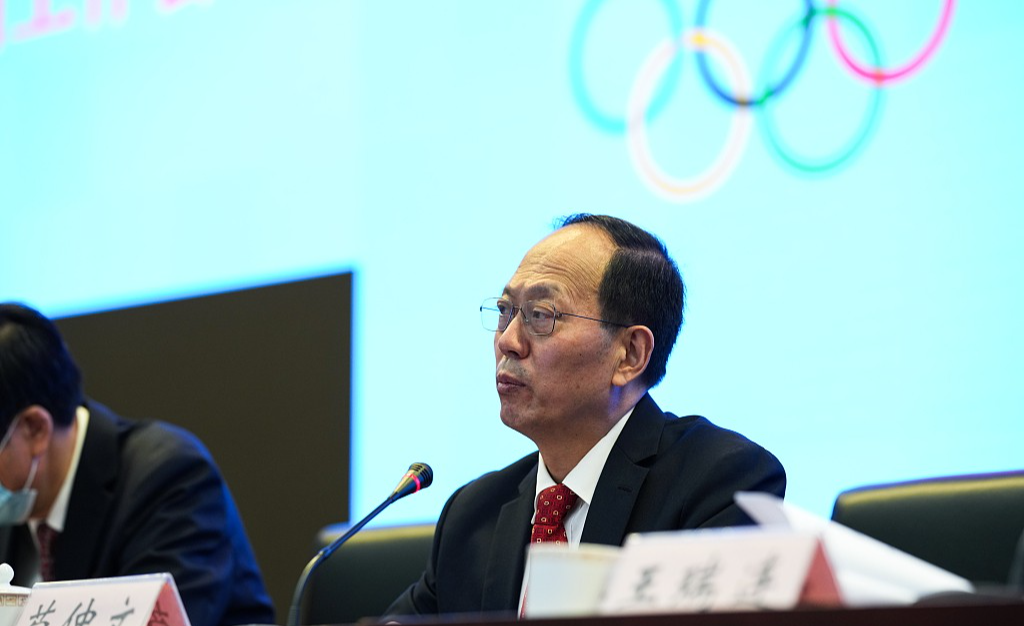
Now, with Gou Zhongwen's dual removal and formal arrest, the various problems during his tenure will be further investigated. This incident also serves as a wake-up call for China's sports management system, emphasizing that any reform must be based on fully respecting the laws of sports, not reforming for the sake of reform, and not destroying the hard-won development achievements due to personal subjective decisions.
The development process of this incident also shows us that in the field of sports management, there must be both the courage to innovate and reform, as well as the wisdom to respect laws, the masses, and practice. Any reform detached from reality may bring unpredictable negative effects. At the same time, this highlights the importance of strengthening the supervision and management of sports administrative departments. Only by establishing and improving the supervision mechanism can similar problems be prevented from happening again.
The trial results of Gou Zhongwen's case are highly anticipated, as they not only relate to the accountability of the individual but also serve as an important warning against corruption in China's sports circle. It is hoped that through the handling of this case, it will promote further improvements in China's sports management system and provide better institutional safeguards for the healthy development of China's sports industry.